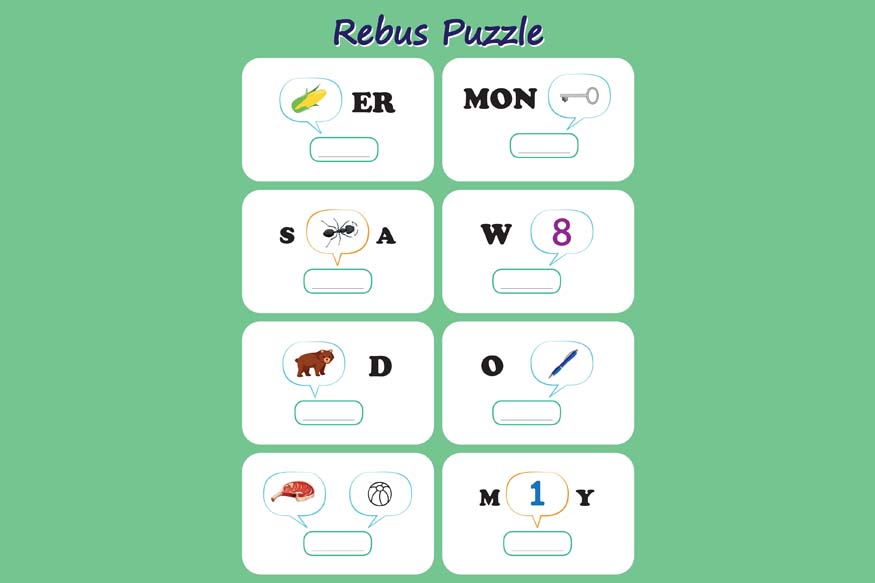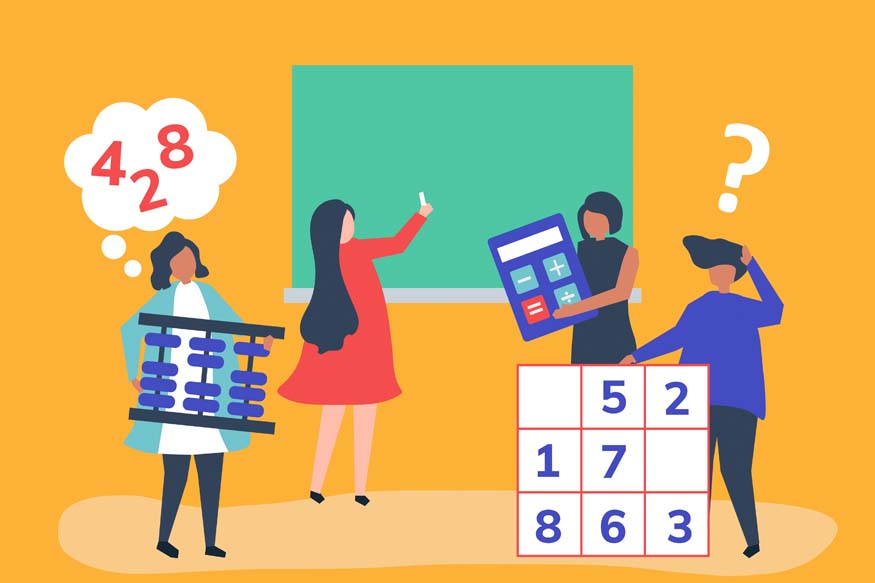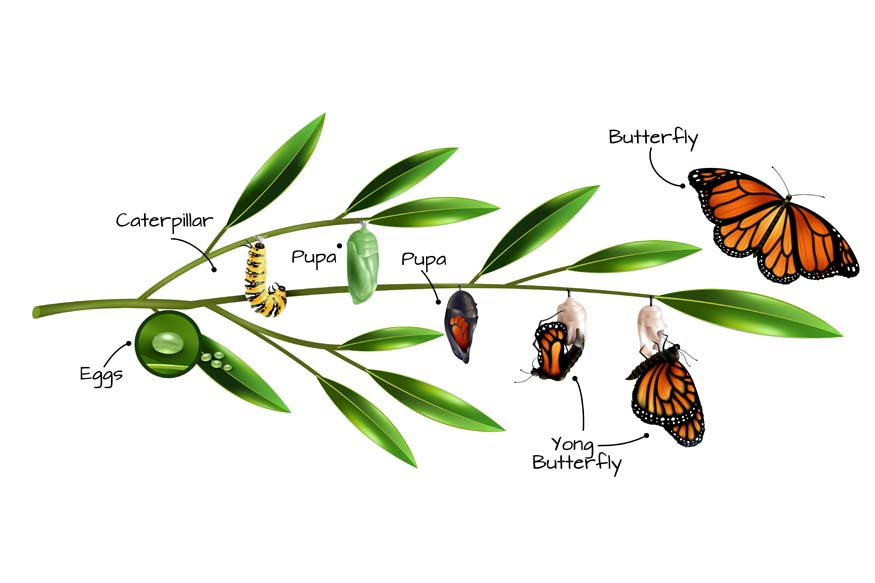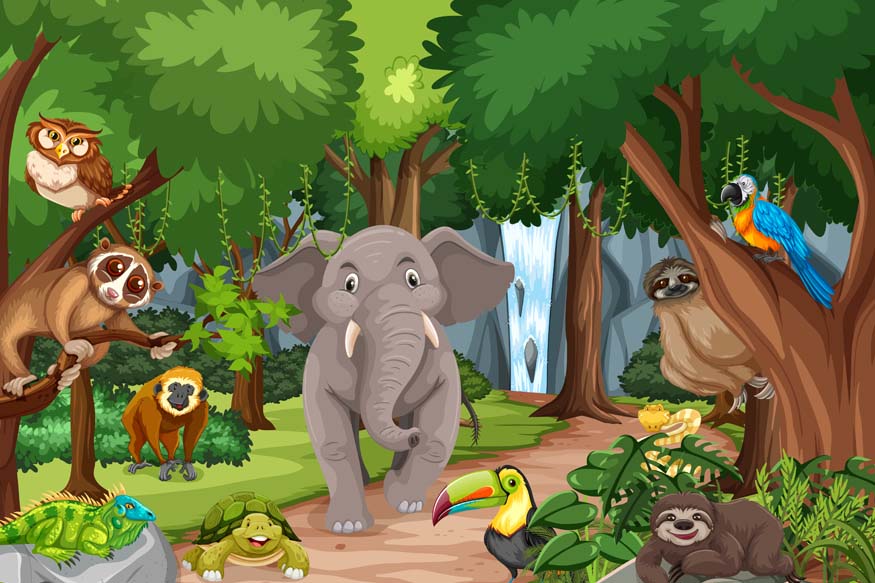Rebus puzzles are a great way to challenge our brains and have fun at the same time. Solving rebus puzzles can help kids enhance their thinking skills, vocabulary, and creativity. Let us dive into the world of rebus puzzles and discover how they can benefit young minds.
What Are Rebus Puzzles?
A rebus puzzle combines pictures, letters, and symbols to convey a word or phrase. These puzzles can vary in difficulty levels, but they require people to think outside the box to decode the hidden message. Rebus puzzles often use wordplay, puns, and visual clues to create a fun and engaging challenge.
How Do Rebus Puzzles Work?
Rebus puzzles are designed with visual and textual elements to represent sounds, words, or phrases. The person solving the puzzle must interpret these elements and combine them to form the correct answer.
Here are a few common techniques used in rebus puzzles:
Pictures: Using images or icons to represent words or parts of words.
Letters: Letters can be arranged creatively to form words or phrases.
Symbols: Symbols like arrows, plus signs, and equal signs can indicate relationships between elements.
Positioning: The placement of letters or words can provide clues to the solution (e.g., placing a word “under” another word to represent “understand”).
Benefits of Solving Rebus Puzzles
Solving Rebus puzzles offers numerous benefits for kids, including —
- Enhanced Critical Thinking: Rebus puzzles require kids to analyse and interpret visual and textual clues, which helps develop their critical thinking skills.
- Improved Vocabulary: By decoding the hidden messages, kids are exposed to new words and phrases, which can expand their vocabulary.
- Boosted Creativity: Rebus puzzles encourage kids to think creatively and use their imagination to solve problems.
- Problem-Solving Skills: Working through the puzzles helps kids develop their problem-solving abilities and persistence.
- Increased Focus and Attention: Solving rebus puzzles requires concentration and attention to detail, which can improve focus in other areas of life.
Solution to the puzzle given above:
-
CORN + ER → CORNER
-
MON + (key) → MONKEY
-
S + (ant) + A → SANTA
-
W + (8) → WAIT
-
(bear) + D → BEARD
-
O + (pen) → OPEN
-
(meat) + (ball) → MEATBALL
-
M + (1) + Y → MONEY
Tips for Solving Rebus Puzzles
Here are some tips to help kids solve rebus puzzles more effectively:
- Attention to Details: Look closely at the positioning, size, and arrangement of the elements in the puzzle.
- Think Phonetically: Sometimes, the elements represent sounds rather than words, so consider how they might sound when spoken aloud.
- Use Context Clues: Use any additional context or clues provided in the puzzle to guide your thinking.
- Break It Down: If the puzzle seems complex, break it down into smaller parts and solve each part.
- Be Creative: Think outside the box and use your imagination to interpret the visual and textual clues.
Interesting Facts About Rebus Puzzles
- Ancient Origins: Rebus puzzles have been around for centuries, with origins dating back to ancient Egypt and Greece. They were often used in hieroglyphics and pictograms to represent words and ideas.
- Educational Tool: Rebus puzzles have been used in education for many years to teach reading, language, and critical thinking skills.
- Popular in Literature: Rebus puzzles have appeared in various forms of literature, including books, comics, and magazines, as a fun and engaging way to challenge readers.
- Cultural Variations: Different cultures have their unique styles of rebus puzzles, incorporating local symbols, languages, and traditions.
- Brain-Boosting Fun: Solving rebus puzzles is entertaining and also a great way to exercise the brain and keep it sharp.
Conclusion
Rebus puzzles are a delightful and effective way to enhance thinking skills in kids. By combining pictures, letters, and symbols, these puzzles challenge young minds to think creatively, improve their vocabulary, and develop problem-solving abilities. Whether you are a teacher, parent, or student, incorporating rebus puzzles into your routine can provide a fun and stimulating activity that benefits cognitive development.
So, grab a rebus puzzle and let the brain-boosting fun begin!




